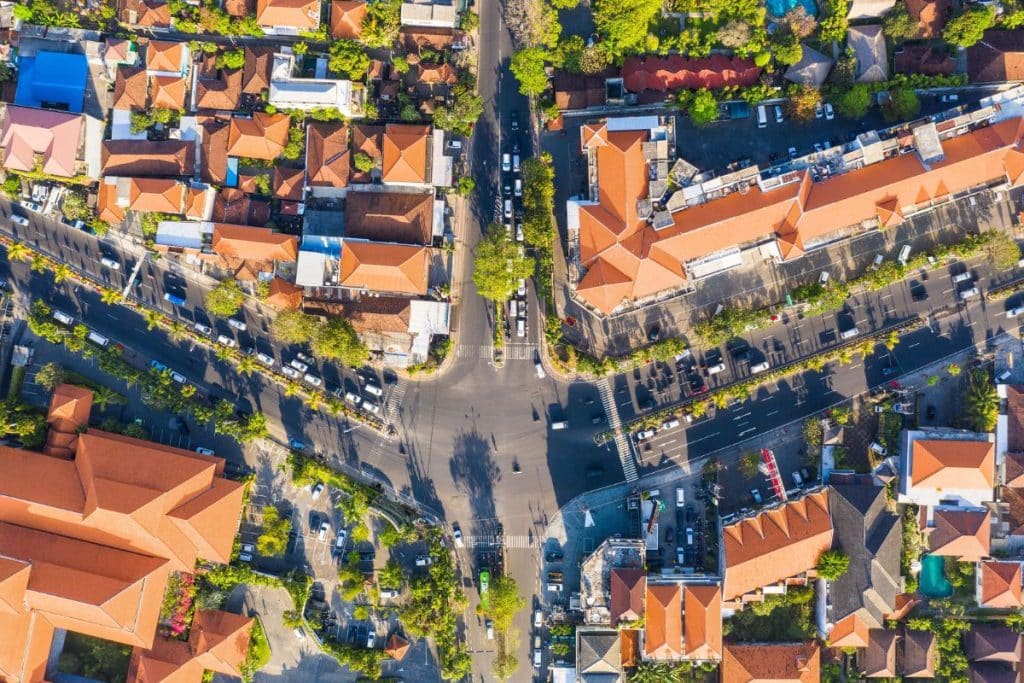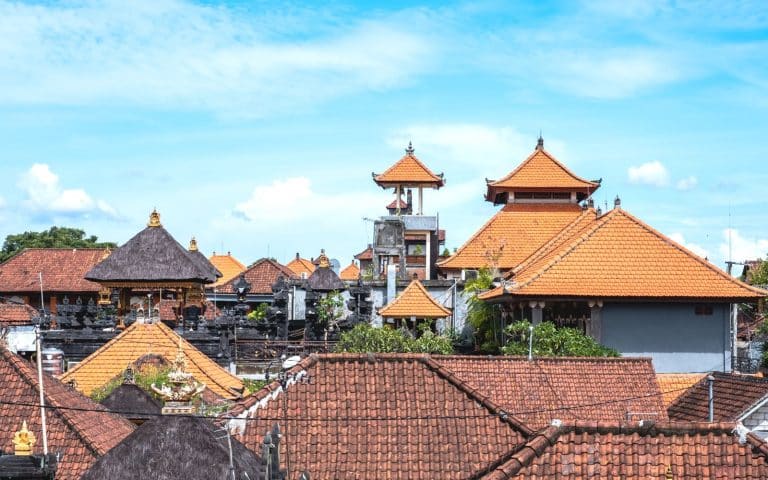Throughout the world, landlords who relied heavily on visiting tourists, students and business travelers lost income during the worst of the pandemic travel restrictions.
Revenue losses forced many landlords to drop short-term rental rates with the hope of attracting bargain hunters, offer discounts on initial rates for new, long-term renters and increase the rates of existing, loyal renters.
This nightmarish and catastrophic management of rentals didn’t stop after governments lifted restrictions earlier this year. In many countries, the attempts of locals to stabilize economies coupled with crises on national and international stages caused the cost of living and rental rates to increase even as tourists, remote workers and digital nomads showed renewed interest.
In Bali, rates have become so high that permanent natural-born and ex-pat residents and visitors alike can’t find any relief. Some property renters have experienced a 14% to 50% increase overnight, especially in hotels and in regions where landlords don’t often offer legally binding agreements.

Many experts believe that this problem goes beyond the pandemic and local economy woes. The 2020 Omnibus Law passed in Bali gave foreigners the right to buy, own and resell land and structures, which means that many foreign investors brought high rental rates found in their own countries to Bali.
The United States and European countries serve as a warning about the likely future of Bali’s rental and housing markets. Rising rental rates caused by property owners taking advantage of increased demand have caused increased homelessness among more middle-class residents.

